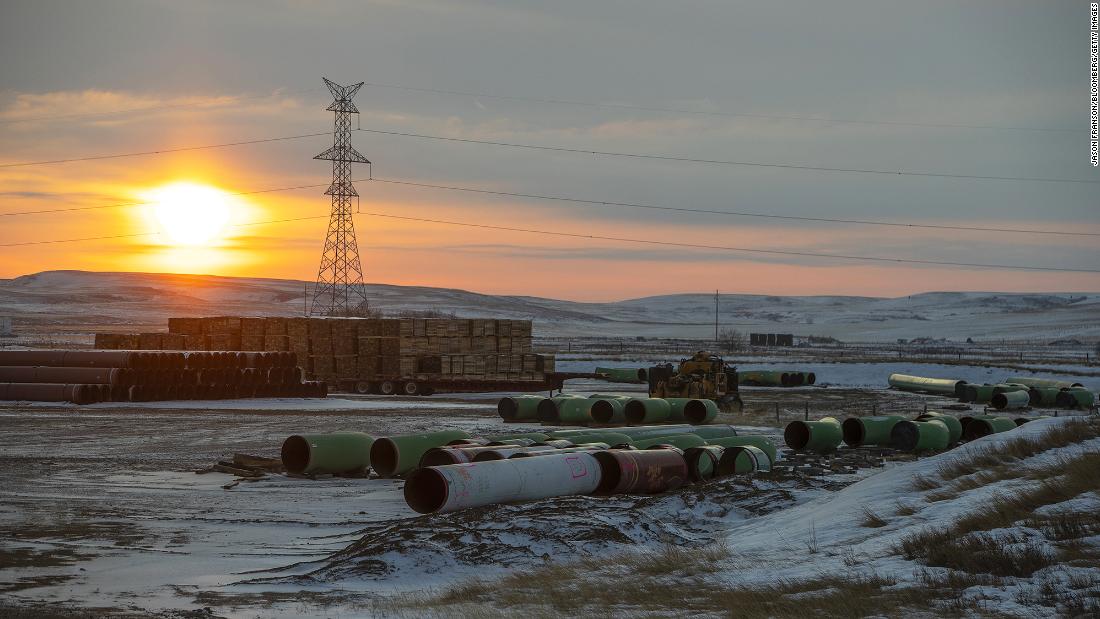First, Biden’s reversal of cross-border authorizations for the pipeline initiates a regulatory onslaught in the oil industry’s value chain, with unprecedented breadth, assertiveness and tangible investment impacts. While this reversal will not do much harm to the oil industry and is not absolutely essential for American oil now, this decision has long-term consequences.
When oil prices rise (and believe me, they will), investors will resume interest in pipeline projects and whoever is in the White House can regret the cancellation of Keystone XL because the United States will have to depend more of less stable trading partners for oil.
In short, Keystone XL is the beginning of something big. A survey by my company Rapidan Energy Group found that the next Biden administration regulations will reduce U.S. oil production by 1 million barrels a day by 2023 over Trump’s second term in office.
Keystone XL is widely seen as uneconomical because Canada currently enjoys more pipeline capacity than it needs and, with oil demand peaking soon, expensive resources from places like Canada will not be needed. But complacency will only last until the next inevitable boom in oil prices.
Contrary to popular belief, reduced demand for oil will not keep oil prices low forever. And even if demand starts to rise soon, supply outside the Middle East is likely to fall faster than demand decreases. This is likely to make the United States more dependent on low-cost producers in the Middle East. With the increase in oil production in the Middle East, the reserve that these producers maintain – called idle capacity – will decrease. The lower its idle capacity, the greater the peak in oil prices when geopolitical disruptions occur.
Alberta’s heavy and sulphurous oil is appreciated by complex refiners on the United States Gulf Coast and Indo-Pacific. After the cancellation of Keystone XL, Canada will ship more heavy oil to Asia, where it obtains a higher price, as it is far from heavy oil suppliers, and less to US refiners, who will buy more from Mexico, Venezuela and Middle East East. This does not matter much economically, but it is a major national security concern, as Canada is a much more stable and friendly partner than the others.
Obviously, energy experts know that oil is widely traded and priced globally, so no country is protected from price volatility. But history repeatedly shows that Washington goes into crisis mode and anxiety goes out the window quickly when prices at the pump go up. Therefore, when the cost of oil returns to $ 100 amid growing Persian Gulf dependence, the cancellation on Biden’s first day of a significant pipeline to our largest source of energy imports will be seen as a far more controversial step than is today.
